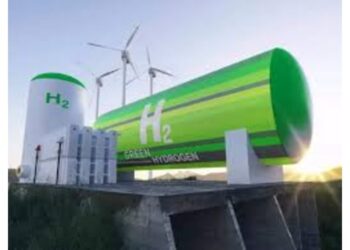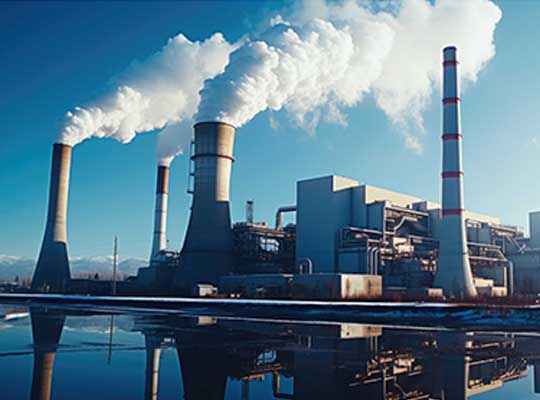Coal and hydropower energy transitions in India are characterised by significant state-sanctioned violence, which can marginalise Indigenous and frontline communities, new research has found.
The study called for an investigation of ‘violent transitions’, referring to the ways in which the expansion of fossil fuel and low-carbon energy infrastructures are predicated upon direct state-sanctioned violence – including the criminalisation of dissent, protests, and mass mobilisation through police violence and arrests – to facilitate processes of land expropriation.
While the Inter governmental Panel on Climate Change has declared that all coal production must be phased out by 2050 to avoid dangerous levels of global warming, India is in the midst of a fossil-fuelled transition toward increased coal production, the research from the University of California Irvine, US, found.
Coal production fuelled 70 per cent of the country’s electricity-generating capacity. But the country is also set to expand low-carbon infrastructures by an unprecedented 500 gigawatts by 2030, according to Mukul Kumar, the author of the study published in the journal Climate and Development.
”Both fossil fuel and low-carbon transitions, however, draw upon forms of state violence and land expropriation to expand extractive industries,” said Kumar, assistant professor of urban planning and public policy, School of Social Ecology, University of California Irvine.
Peaceful, nonviolent movements that challenge the expansion of extractive energy industries are far too often criminalised or subjected to police violence, according to Kumar.
”India is in the midst of multiple violent energy transitions toward both increased fossil fuel and low-carbon energy extraction that further marginalise Indigenous (Adivasi) and frontline communities of Dalits, landless farmers, and artisanal fishers,” said Kumar.












